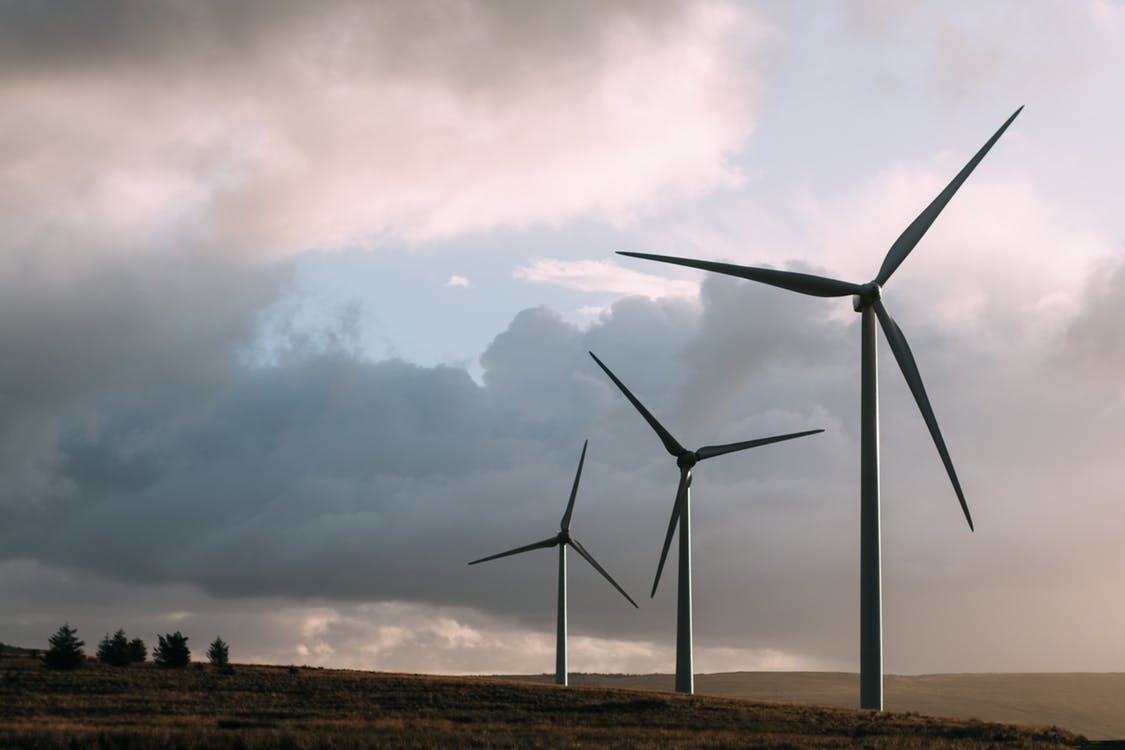(REPOST: CityAM)
The National Grid said this summer was the greenest ever, offshore wind became cheaper than new nuclear and the country’s first subsidy-free solar farm opened.

Energy experts are also expecting to see a huge uptick in the number of electric vehicles on the road over the next decade, which the National Grid has said could push peak electricity demand up by as much as eight gigawatts by 2030.
Emerging technologies in battery storage will have an important role to play in the move to a smarter and more flexible energy system, but as a new type of asset, batteries pose their own challenges.
Maria Connolly, partner at law firm TLT and leader of the firm’s energy and renewables team, said battery storage projects, which unlike solar or wind are not backed by subsidies, have complex income streams and financial models.
“The thing to watch in the next 12 months is what banks could do in this space,” Connolly said.
While energy storage projects are largely funded on a private equity basis, banks are starting to try to get their heads around how to fund these unfamiliar assets, for which the demand and the markets are not yet well established.
That is where Triodos comes in. Based in the Netherlands, Triodos is a sustainable bank, meaning it promises any loans and investments it makes will have a positive social or environmental outcome.
“The deployment [of renewable energy] has been a great story, but it does bring with it its challenges,” said Philip Bazin, environment team manager at Triodos.
Those challenges include intermittent energy supply and a mismatch between when supply is generated and demand rises.
“Now is the time to solve these grid management problems, and energy storage is part of that,” he said. “If we can find a way to support energy storage, that can support the integration and development of further renewable energy.”


